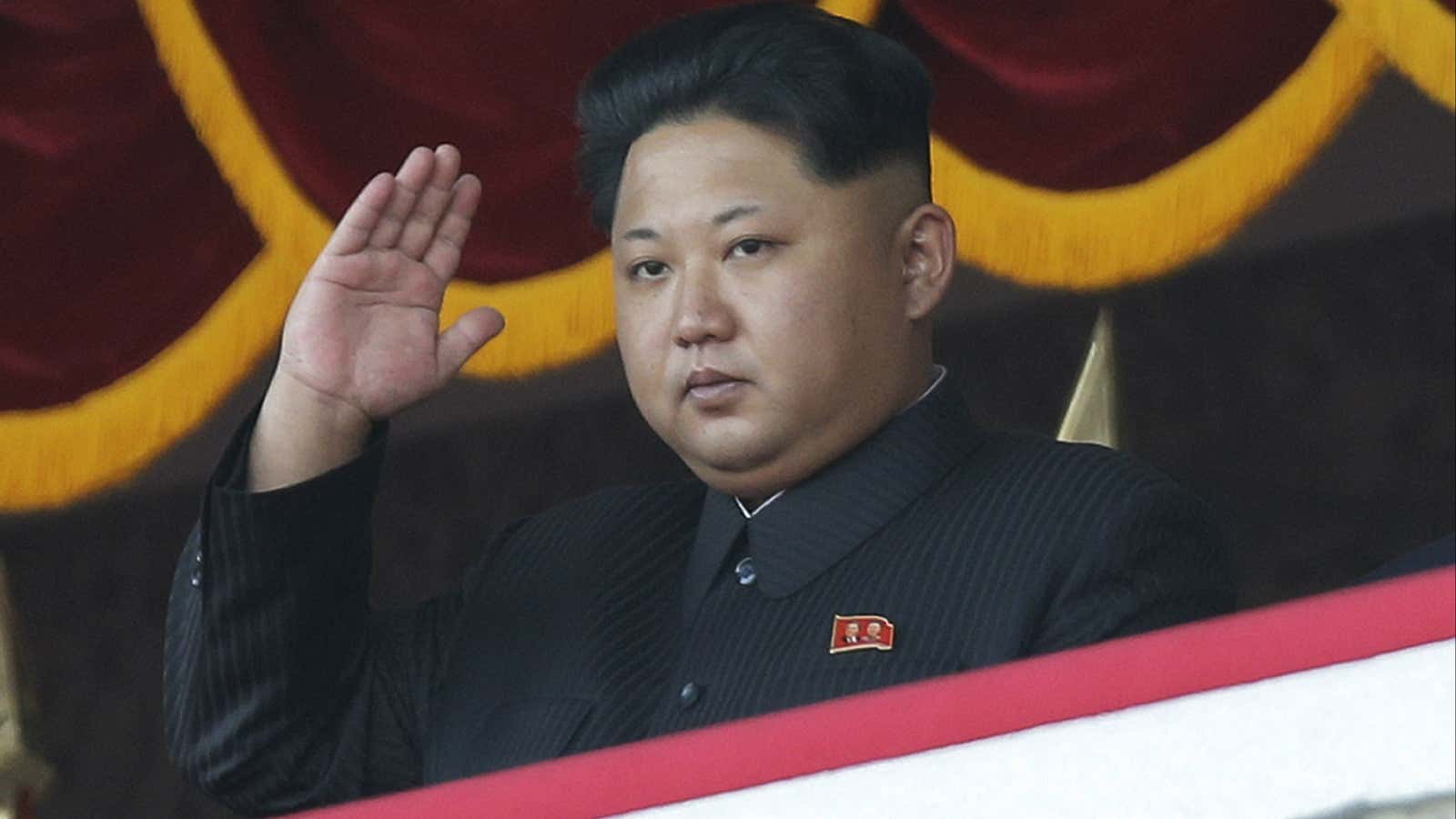What do Putin and Kim Jong-un have in common? They both switched their countries’ time zones within the last 16 months.
Their motives were political—the best reason to alter time zones is enhanced economic trade and coordination (why we have time in the first place). Jong-un set North Korean clocks back half an hour to further distance North Korea from Japan’s “wicked” imperial legacy. Putin was flexing his muscles by erasing one of his predecessors, few enduring legacies. Medvedev instituted permanent Day Light Saving in Russia and consolidated some of Russia’s 11 time zones. Putin added the time zones back, forced residents of Crimea forward two hours (to put them on Russia time), but also made the shrewd decision to not reinstate Day Light Saving. He declared it permanent winter in Russia and had everyone turn back their clocks and keep them there.
Autocratic regimes often change times zones. China has operated on one time zone since 1949. The Communists hoped to unite the country and more in sync with power in Beijing. Never out of step with communist fashion, Hugo Chavez set Venezuela’s clocks back a half hour in 2007. To some extent a relatively autocratic country can get away with time tinkering since the purpose of time is trade and coordination. If your country doesn’t trade much (which was true of China in 1949) with outsiders, operating on your own time poses a lower cost.
But autocratic regimes don’t have a monopoly on time zone chaos. The real offender is Western democracies. It happens each spring when the developed world changes their clocks at different times, temporarily leaving them out of sync with the rest of the world and further distancing themselves from poorer countries who don’t observe Day Light Saving.
It’s not just the rest of the world that suffers, each countries’ citizens do too. Oxford sleep professor Colon Espie observed time changes pose costs. “The transitions into and out of daylight saving time (DST) have been associated with altered rates of myocardial infarction, road traffic accidents, workplace injuries, ‘cyberloafing’ and impairments in mood and cognition. All of these have been attributed to changes in sleep duration, sleep quality and circadian misalignment.”
Turns out you can blame Day Light Saving for looking at the internet instead of working. Think of how much more productive we could be if we didn’t change our clocks? The time changes Espie describes isn’t limited to Day Light Saving. We change times every time we travel and or get up to do a call with colleagues in another state or part of the world.
Simple, unchanging time zones facilitate trade and competition. Good time zone policy should be a hallmark of capitalism. That is why, this Sunday when we end Day Light Saving, we should consider making this time change our last. And while we are at it, we should minimize time changes that the increasingly globalized world demands by consolidating North America to two time zones. Would this take us further away from solar time (when the sun is above you at 12, which means maximum waking daylight) in some areas? Yes. But global trade and entertainment already do that—fewer and consistent time zones merely minimize the chaos and promote global order.
The question is why does it take a dictator to change time zones? If we truly believe democracy yields better outcomes we can’t leave time zone changes to the world’s bad actors.
